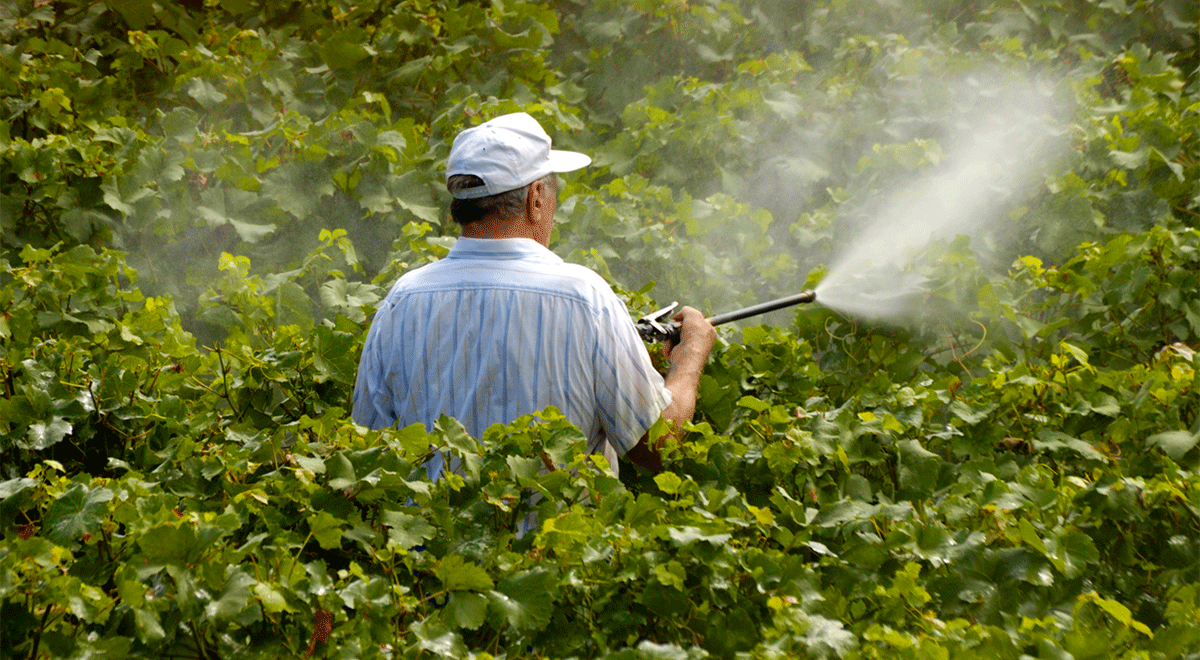46-year-old DeWayne Johnson of Bernicia, California is a husband and father of three children. He worked for the local school district as a groundskeeper for three years between 2012 and 2015. Today, he suffers from terminal non-Hodgkin’s lymphoma, a fatal form of cancer.
Physicians say he has less than a year to live. Johnson attributes his disease to exposure to glyphosate, the active ingredient in the herbicide Roundup. This week, he will have an opportunity to hold manufacturer Monsanto accountable, as his case against the agribusiness giant becomes the first to go to trial.
For decades, Monsanto – which will soon be assimilated into global pharmaceutical conglomerate Bayer AG – has allegedly concealed information about the carcinogenicity of glyphosate. Last month, Judge Curtis Karnow of the San Francisco Superior Court, who will be presiding over Johnson’s case, issued an order that will allow the jury to consider those allegations in addition to the medical evidence connecting the plaintiff’s disease to the product.
In the order, Judge Karnow wrote,
“Internal correspondence noted by Johnson could support a jury finding that Monsanto has long been aware of the risk that its glyphosate-based herbicides are carcinogenic…but has continuously sought to influence the scientific literature to prevent its internal concerns from reaching the public sphere and to bolster its defenses in products liability actions.”
Judge Karnow’s order opens the door for the jury to consider punitive damages in addition to compensatory damages.
Although Johnson’s is not an official “bellwether case,” lawyers for Monsanto as well as those representing approximately 4,000 other plaintiffs suing the agribusiness giant are watching closely. Depending on the outcome, it could mean many years of legal battles and huge claims, for which Monsanto’s new owner at Bayer AG will be responsible. On the other hand, a finding for the defendant could spell trouble for plaintiffs who have been injured by glyphosate.
Monsanto continues to claim that glyphosate poses no danger to human health, citing a questionable EPA “draft risk assessment report” refuting a 2015 statement from the World Health Organization concluding that glyphosate is likely to be carcinogenic. Literature still available at the company’s website asserts that “Glyphosate-based herbicides are supported by one of the most extensive worldwide human health and environmental effects databases ever compiled for a pesticide product,” claiming that “comprehensive toxicological and environmental fate studies conducted over the last 40 years have time and again demonstrated the strong safety profile of this widely used herbicide.”
Lawyers for Monsanto also plan to introduce evidence they claim shows Johnson’s cancer was caused by other factors and will attempt to refute current scientific evidence of the health dangers associated with glyphosate.

